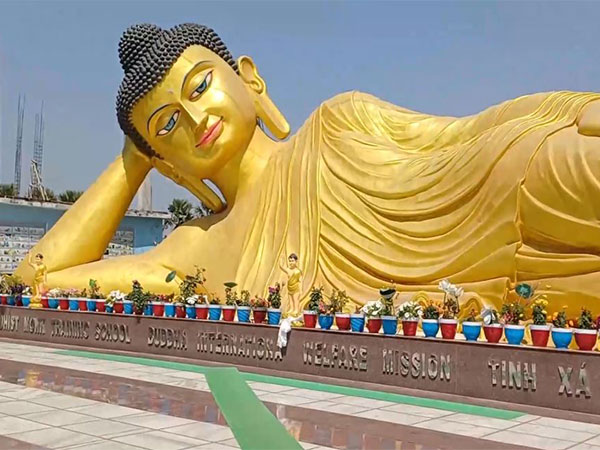Bihar, May 2025:
The historic city of Gaya, famous worldwide for its association with Gautam Buddha and Hindu rituals, has officially been renamed to Gayaji. The decision, approved by Chief Minister Nitish Kumar’s cabinet on May 15, marks a significant shift in Bihar’s political and cultural narrative, especially ahead of the upcoming Assembly elections.
For over two decades, Nitish Kumar had resisted name-changing politics. Even during a push in 2010 by BJP leader L.K. Advani to rename Patna to Pataliputra, Nitish stood firm. But now, with this symbolic move, he appears to be aligning more closely with BJP’s ideological narrative—perhaps reluctantly.
Why ‘Gayaji’?
While the name Gaya evokes the image of Bodh Gaya and the enlightenment of Lord Buddha, it is also a deeply revered site in Hinduism. The city is home to the Vishnupad Temple, where devotees perform pind daan rituals for their ancestors. The addition of ‘ji’ is a mark of respect, aligning with Hindu sentiments.
No Opposition, Only Approval
Surprisingly, the renaming move faced no political opposition. Even members of Nitish’s own party, JD(U), voiced approval, reflecting the strong cultural resonance of the name change.
BJP’s Growing Influence in Bihar
This move is just one of several signs that Nitish Kumar is ceding ground to the BJP. In a recent cabinet reshuffle, all seven new ministers inducted were from the BJP, taking their total to 21, while JD(U) lags behind with 13 in the 36-member ministry.
Although Nitish secured 12 out of 16 Lok Sabha seats in the 2024 elections—almost equal to BJP’s 12 from 17—his party holds only 45 assembly seats, compared to BJP’s 80. This imbalance suggests that the BJP now dominates the ruling alliance.
While Nitish Kumar remains the chief ministerial face for now, the Hindutva narrative led by the BJP is clearly taking center stage. The renaming of Gaya to Gayaji is more than a symbolic gesture—it represents a shift in Bihar’s political soil.


